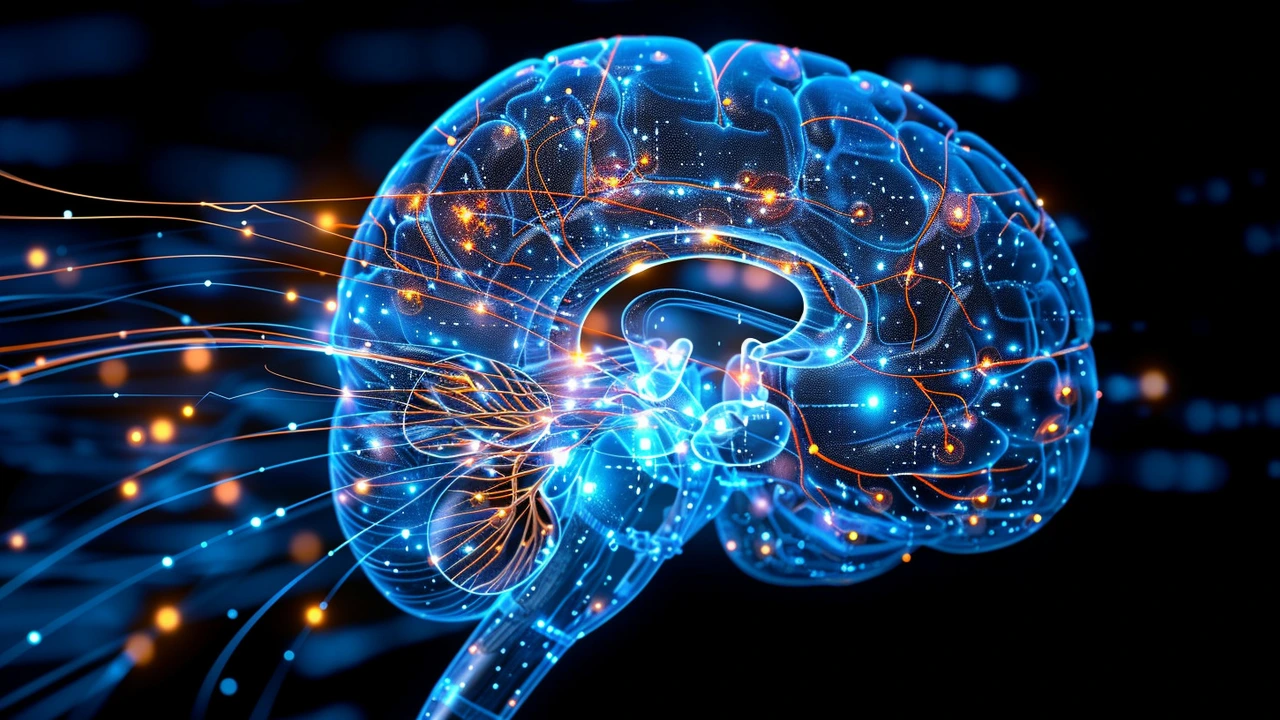Understanding Ischemia and Its Impact on Your Body
Ischemia happens when blood flow to a part of your body is restricted or reduced, cutting down the oxygen it gets. This lack of oxygen can lead to serious issues, especially in vital organs like your heart and brain. You might have heard of heart attacks or strokes — these are often caused by ischemia. Knowing what ischemia is and how to handle it can make a big difference in your health.
So, why does ischemia occur? The most common culprit is a blockage in your blood vessels. This might be due to plaque buildup from cholesterol, a blood clot, or even a spasm in the blood vessel wall. When this happens, the affected tissue doesn’t get enough oxygen and nutrients, which can cause damage or even cell death if not handled quickly.
Recognizing Signs and Symptoms of Ischemia
Ischemia symptoms can vary depending on where it happens in your body. If it’s in your heart (coronary ischemia), you might feel chest pain or tightness, especially when active or stressed. Sometimes, the signs are subtle, like shortness of breath or fatigue. In the brain, ischemia can cause sudden weakness, trouble speaking, or vision issues — symptoms you should never ignore.
Early action is key. If you notice these signs, getting medical help fast can prevent more serious damage. Doctors often use tests like EKGs, ultrasounds, or MRI scans to find the exact problem and decide the best treatment.
How Ischemia Is Treated and Managed
Treatment depends on where the ischemia is and how bad it is. For heart-related ischemia, options range from medications that thin your blood or ease vessel spasms, to procedures that clear blockages like angioplasty. Lifestyle changes — like eating better, quitting smoking, and exercising — play a huge role in preventing future issues.
Ischemia in the brain might require drugs that break down clots or surgery to improve blood flow. The goal is always the same: restore oxygen supply quickly to minimize damage and improve recovery.
Living with ischemia means staying on top of your health — taking meds as prescribed, monitoring symptoms, and keeping a heart-healthy lifestyle. It might sound like a lot, but these steps can significantly reduce your risk of serious problems down the road.
Knowing about ischemia empowers you to take charge of your health and spot warning signs early. If you want reliable info on related medications or ways to support heart and brain health, exploring trusted sources or talking with your doctor can keep you informed and ready.

